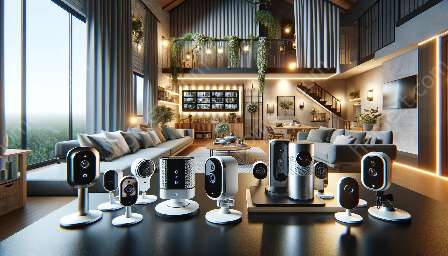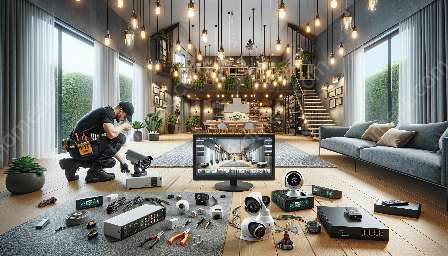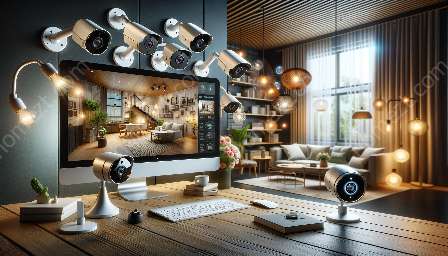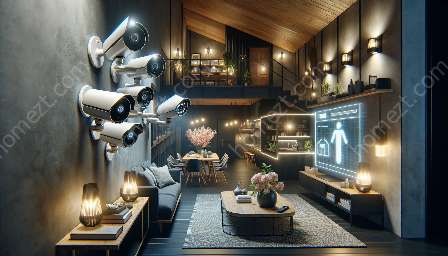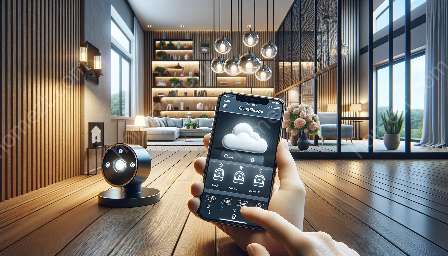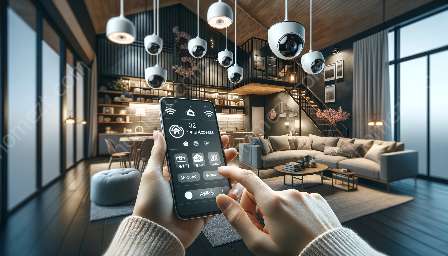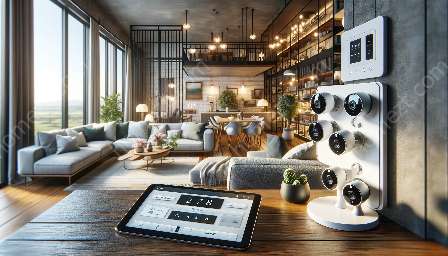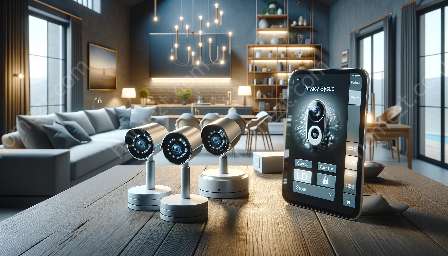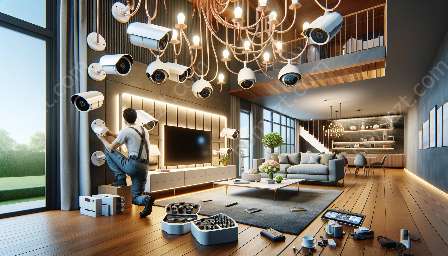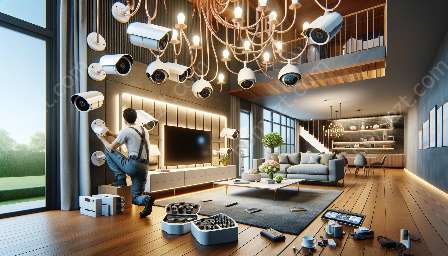With the rise of home camera systems, it's essential to be aware of the legal implications of their usage in order to protect your rights and privacy as a homeowner.
The Growing Popularity of Home Camera Systems
Home camera systems have become increasingly popular in recent years as homeowners seek to enhance their security and monitor their property remotely. These systems often consist of cameras placed at strategic locations around the home, allowing homeowners to keep an eye on their property even when they are away. While these systems offer numerous benefits, there are important legal considerations that homeowners should be aware of to ensure they are using these devices within the boundaries of the law.
Privacy Concerns and Regulations
One of the primary legal considerations for home camera systems is privacy. When installing surveillance cameras on your property, you must be mindful of the privacy rights of others, such as your neighbors and passersby. In many regions, there are laws and regulations governing the use of surveillance cameras, including restrictions on where they can be placed and how they can be used. It's crucial to familiarize yourself with the privacy laws in your area to avoid inadvertently infringing on the rights of others.
Recording and Consent
Another important aspect of home camera system usage is the recording of audio and video. In some jurisdictions, laws exist regarding the recording of audio, and obtaining consent from individuals being recorded may be required. Additionally, it's essential to understand the limitations on the use of recorded footage, especially when it comes to sharing or publishing it. Being aware of the legal requirements for recording and storing footage can help homeowners avoid legal repercussions.
Security and Data Protection
Home camera systems are connected devices that store and transmit data, making them susceptible to potential security breaches. As a homeowner, it's crucial to take steps to secure your camera system to prevent unauthorized access to the footage. Additionally, being mindful of data protection laws and regulations can help homeowners mitigate the risk of unauthorized access to sensitive recordings.
Compliance with Local Laws
Each region may have specific laws and regulations related to the use of surveillance cameras on residential properties. It's important for homeowners to understand and comply with these laws to avoid legal issues. This may include registering your cameras with local authorities, displaying notices to inform visitors and passersby that surveillance is in use, or adhering to specific requirements for camera placement and coverage.
Seeking Legal Advice
Given the complex and evolving nature of privacy and surveillance laws, homeowners considering the installation of a home camera system may benefit from seeking legal advice. A legal professional can provide guidance on ensuring compliance with local laws, understanding privacy rights, and navigating any legal implications associated with the use of surveillance technology.
Conclusion
As technology continues to play a significant role in home security and monitoring, understanding the legal considerations for home camera system usage is crucial for homeowners. By being aware of privacy regulations, recording consent requirements, security best practices, and local laws, homeowners can utilize home camera systems responsibly and ethically while safeguarding their rights and the rights of others.

